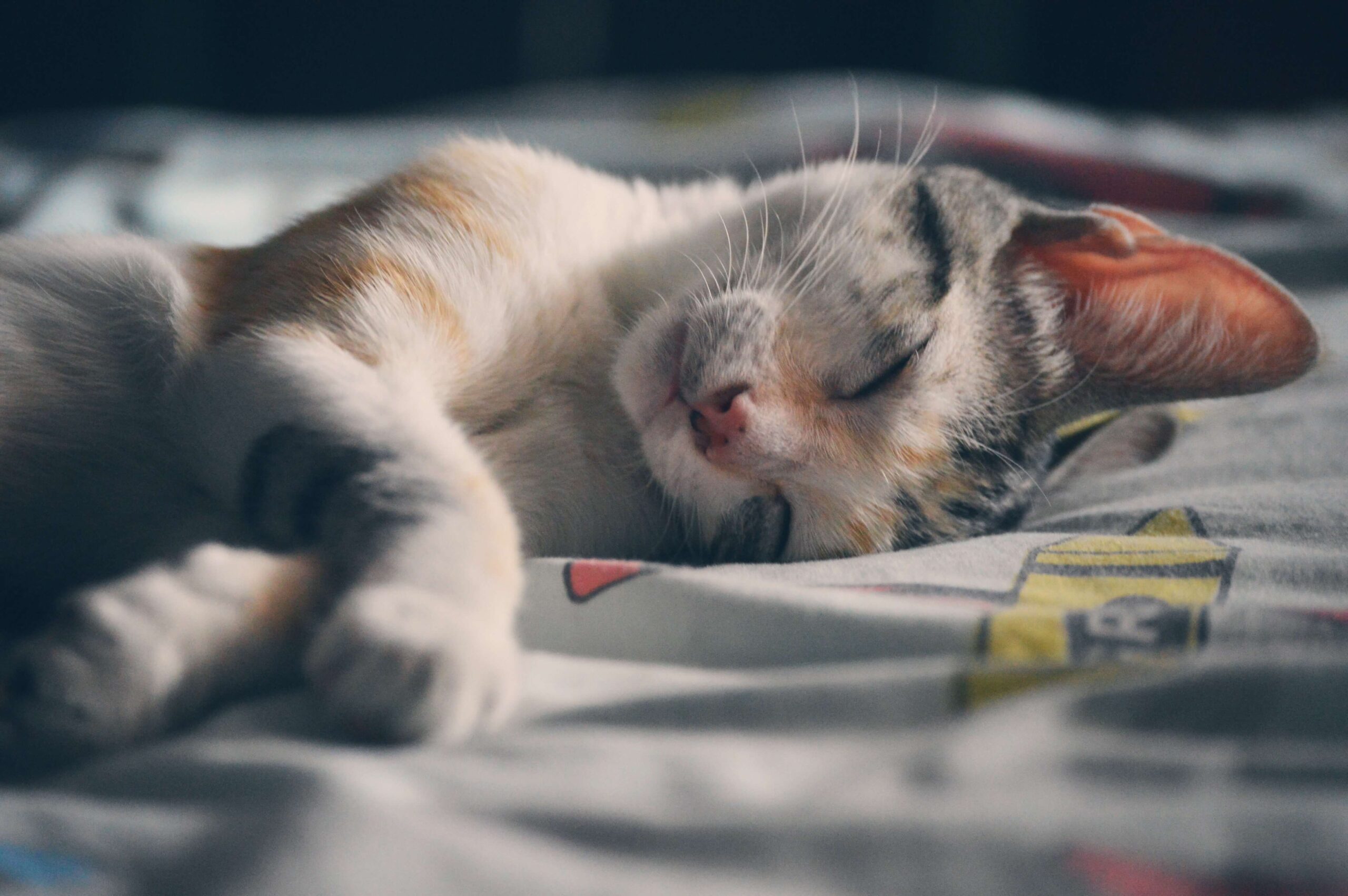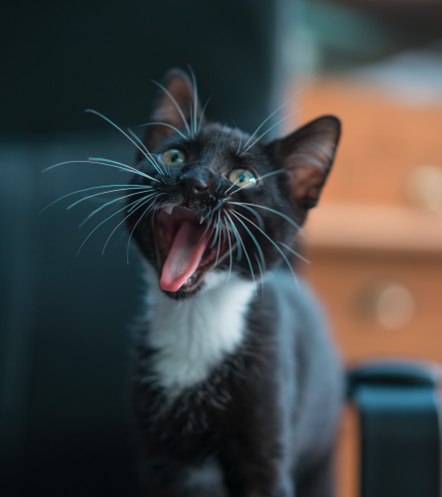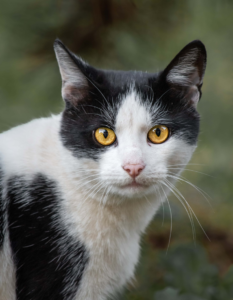How long do cats sleep? In this article, we will explore this curious question and discover some interesting facts about the sleeping habits of our feline friends. They are fascinating animals that surprise us with their mysterious and elegant behavior. One of the most characteristic features of felines is their ability to sleep long hours a day.
Cats are animals that need sleep to survive. Like humans, they have a sleep-wake cycle that allows them to rest and regain energy to tackle the next day’s tasks. Unlike humans, however, they have a more fragmented sleep pattern, meaning they can sleep several times a day instead of once during the night.
How many hours do they sleep a day?
The amount of time they spend sleeping varies depending on one’s age, health, and personality. Adults are generally estimated to sleep between 12 and 16 hours a day, while kittens and older cats can sleep up to 20 hours a day.
It is important to note that although cats sleep a lot, they do not sleep continuously. Cats go through different phases of sleep, some deeper than others, and may wake up several times during the night to explore their surroundings or exercise.
Why do cats sleep so much?
Cats are hunting animals that need to be alert and prepared to catch their prey. Sleep is essential to maintaining your physical agility and your ability to hunt efficiently. In addition, sleep is also important for the immune system of them, as it allows them to recover from illness and injury.
How does feeding affect cats’ sleep?
There are some steps cat owners can take to help their pets sleep better. For example, it is important to provide them with a comfortable and safe place to sleep, such as a soft, cozy bed or a box suitable for their size. It’s also important to make sure that they have access to enough water and food during the day so they don’t feel hungry or thirsty at night.
In addition, they need regular exercise to maintain their physical agility and healthy mood. Cat owners can encourage play and exercise with interactive toys and regular play sessions with their cats. Not only will this help cats sleep better at night, but it will also improve their overall health.
Feeding plays an important role in the sleep of cats. Cats that eat high-quality, balanced food have more energy and usually sleep better than those that eat low-quality food or have health problems. In addition, cats that overeat may feel sleepy during the day and have trouble sleeping at night.
How can you help them sleep better?
There are some steps cat owners can take to help their pets sleep better. For example, it is important to provide cats with a comfortable and safe place to sleep, such as a soft, cozy bed or a box suitable for their size. It’s also important to make sure cats have access to enough water and food during the day so they don’t feel hungry or thirsty at night.
Also, cats need regular exercise to maintain their physical agility and a healthy frame of mind. Their owners can encourage play and exercise with interactive toys and regular play sessions with them. This will not only help in terms of how long the cats sleep, but it will also improve their overall health.
What if cats sleep too much or too little?
If a cat sleeps too much or too little, it may be a sign that something is not right in their health. Cats who sleep too much may suffer from chronic illness or chronic pain, while those who sleep too little may be stressed or anxious. If your pet has trouble sleeping, it is important to take it to the vet to be examined and determine if there are any underlying health issues.
Conclusion
In short, there is no specific answer to how long cats sleep; However, like other animals such as dogs, they need sleep to maintain their health and well-being. Although cats can sleep long hours a day, they do not sleep continuously and may wake up several times during the night. Cat owners can help their pets sleep better by providing them with a comfortable and safe place to sleep, making sure they have enough water and food, encouraging exercise and play, and taking them to the vet if they have trouble sleeping. By understanding the sleep habits of them, we can help our feline friends live healthier, happier lives.










